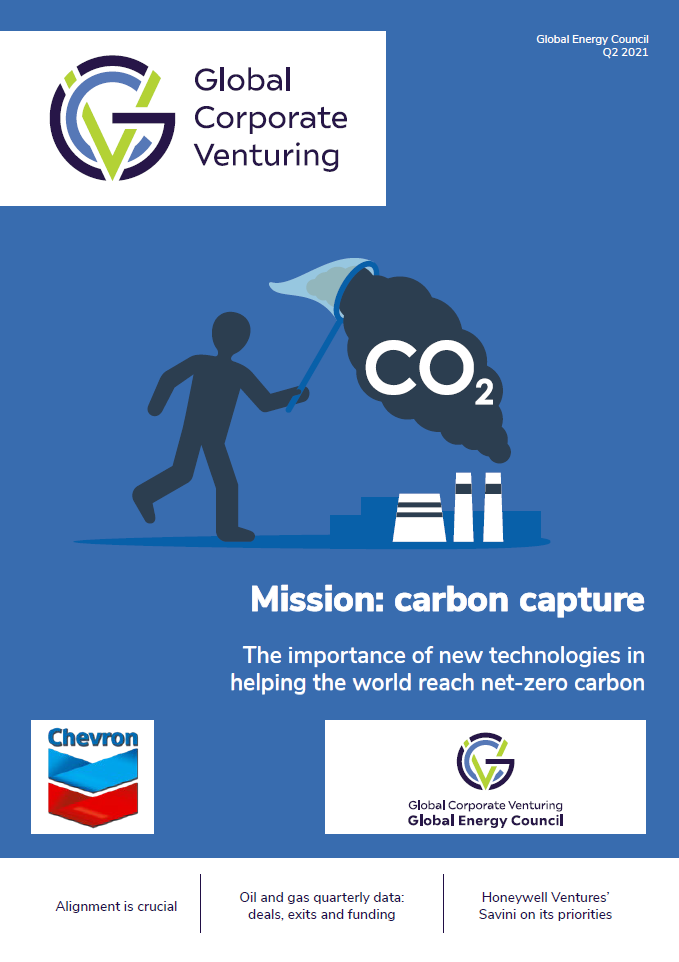Global Energy Council Q1 2021 editorial by James Mawson, editor in chief, Global Corporate Venturing
The shift from molecules to electrons driving transformation in the energy industry has to clear a number of hurdles to meaningfully move the world to net zero and even reduce carbon in the atmosphere.
The technology needs to work and a business model has to be developed but then scale-up capital has to come in.
The requirements are different to the capital-light, intangibles-heavy approach of software and information technology that uses network effects to drive net income. The income is then reinvested in further research, in perhaps the greatest money-creating mechanism known to the world.
For a classic take on disruptive innovation in this context do read the article by James Allworth, the head of innovation at Cloudflare and co-host of the Exponent podcast with Ben Thompson, where he discusses the recent breakup of Apple and Intel
(a tip of the hat for that lead goes to Lightspeed VC’s Alex Taussig’s Drinking from the Firehose blog).
Steam, the first general purpose technology, and then electricity from fossil fuels, have powered the world for centuries. Fracking unlocked American shale gas but alternative energy sources missed their breakout moment with fission nuclear power (we shall see on fusion given the excitement in the area recently). Wind and solar power are effectively limitless and have now achieved cost parity to fossil fuels but timing and storage are issues.
This, however, is a solvable challenge forced by governments focusing on the big emitters of carbon, such as transport, which makes up 23% of global carbon emissions, and heavy industry (hence the renewed interest in hydrogen – see last quarter’s magazine). The UK government, which will host the COP 26 climate talks in November, has already said it would ban sales of new petrol and diesel cars and vans
by 2035.
UK-based Zenobe Energy, formerly Battery Energy Storage Solutions, raised £150m ($175m) from Infracapital, the infrastructure equity investment unit of mutual fund manager M&G, following the 2019 round from Tepco Power Grid and power supplier Jera.
Zenobe has 170MW of grid-scale batteries in operation or construction to National Grid and the distribution network operators that will fuel more than 100 electric buses.
Lisa Lambert, the chief technology and innovation officer at National Grid and founder and president of its corporate venturing unit, National Grid Partners, has become chairwoman of the GCV’s Global Energy Council, which brings together the main energy producers, utilities, infrastructure and tech providers and consumers. The move follows the pattern Lambert set out last year through the Next Grid Alliance of energy utilities from around the world.
From Amazon to General Motors, BP, Chevron, Shell and Total to Hitachi and Schneider Electric, the Global Energy Council’s advisory board members are already working with more than 100,000 startups and hundreds of VC firms and investors starting to network through the GCV Connect powered by Proseeder deals platform and Global Innovation Venturing ecosystem being launched ahead of the next GCV Digital Forum on January 27.
Together we can create the conditions for scale up and our sustainable future through innovation rather than year zero-style disruption.
Contact Paul Morris for more details on the Global Energy Council.










